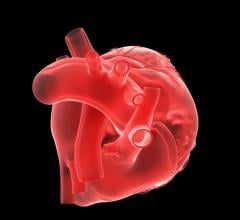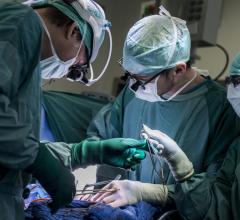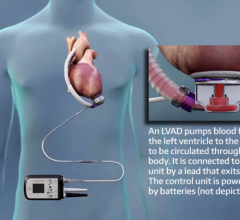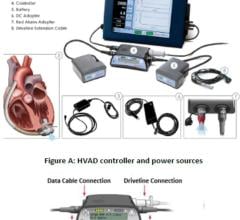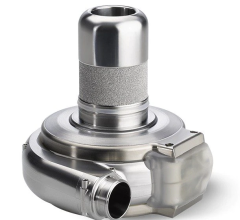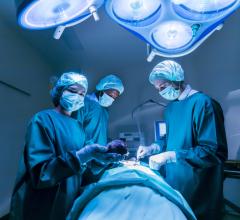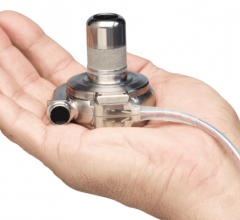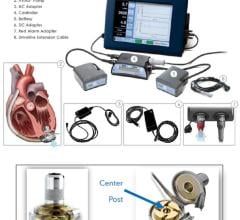October 25, 2007 - Abiomed Inc. announced for the first time, at TCT 2007, that the Impella 2.5 PROTECT I safety trial for patients with high-risk PCI met all primary and secondary endpoints and showed very low adverse event rates.
PROTECT I is the first prospective multi-center, FDA-approved trial for prophylactic, or preventative, use of a device during high-risk percutaneous coronary intervention (PCI) procedures. The 20 patient pilot study with the Impella 2.5 met all primary and secondary endpoints and showed very low adverse event rates in a very sick patient population. The results demonstrated no incidents of: aortic valve damage, aortic or mitral dysfunction, sepsis, stroke, thromboembolic events, vascular complications, insertion-site infection, device malfunction, device-related bleeding, limb ischemia or clinical issues with hemolysis.
“We are pleased to release the successful results of the safety trial at TCT and are excited to begin the pivotal study with an expanded patient population including high-risk PCI with triple vessel disease for patients at up to 150 centers,” said Michael R. Minogue, chairman, CEO and President of Abiomed. “Experience with the Impella 2.5 in the safety trial and in multiple studies in Europe under CE-Mark provides significant evidence of the clinical benefit to patients, and we continue to work with the FDA to bring this breakthrough technology to the U.S.”
“In the PROTECT I pilot trial, Impella delivered supreme protection and support. It enabled success in procedures that would have been otherwise impossible,” said J.P.S. Henriques, M.D., Cardiologist at the Academic Medical Center in Amsterdam.
Dr. Laura Mauri of Brigham & Women’s Hospital also presented new data from the completed PROTECT I trial: “Feasibility Trial Investigating the Use of the Impella 2.5 System in Patients Undergoing High-Risk PCI.” An independent Core Lab analysis completed at Duke University determined no damage to the septum, heart chambers, or mitral/aortic valves. At a 30-day follow-up, patients enrolled in the PROTECT I trial showed an improvement of their heart function demonstrated by an absolute increase of 7 percent in their left ventricular ejection fraction, equating to a 27 percent relative increase.
“We have been impressed by the ease-of-use and high safety profile of the Impella 2.5 technology during the PROTECT I pilot trial,” said William O'Neill, M.D., national principal investigator for the pilot and pivotal studies of the Impella 2.5, and professor and executive dean for Clinical Affairs, Division of Cardiology at the Leonard M. Miller School of Medicine at the University of Miami. “With an aging population, Impella will have a significant role in the treatment of high-risk patients, so we are excited to further demonstrate its effectiveness in the recently approved pivotal trial.”
For more information: www.abiomed.com


 June 19, 2024
June 19, 2024 
